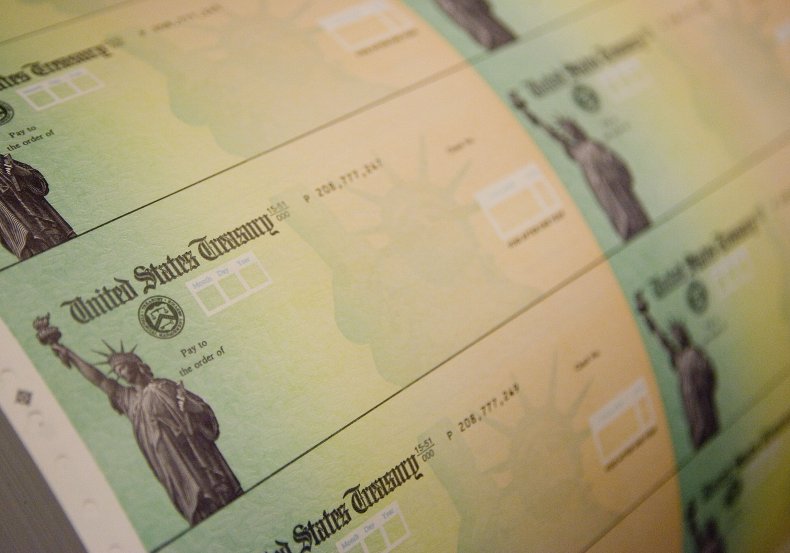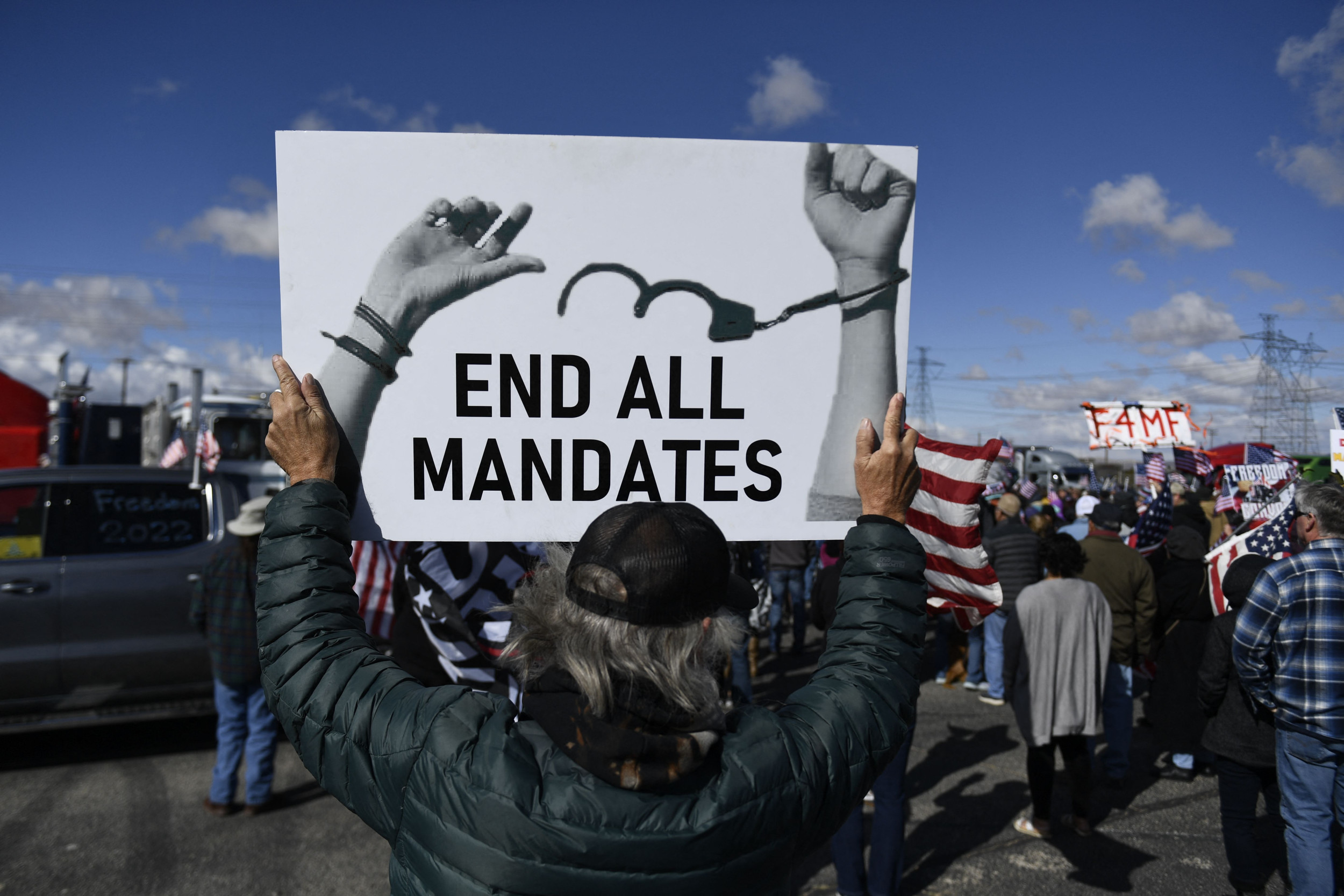As the saying goes, nothing is certain in life but death and taxes.
In the U.S., sometimes, individuals receive refunds and rebates from their state and local authorities. In 2022, more than 20 states offered such rebates, sometimes referred to as stimulus checks, and this year, that generosity looks to continue in some states, according to the personal finance outlet Kiplinger.
On August 30, the Internal Revenue Service (IRS) provided an update for taxpayers on what they should do with those refunds they received from their state or local taxes in 2023.
The agency pointed out that last year, states instituted different payment programs for their residents, a chunk of them related to the effects of the COVID-19 pandemic.

The latest guidance, as the personal finance outlet Kiplinger pointed out, aims to clarify whether the funds received as a stimulus in 2023 would be considered taxable income at the federal level. The IRS said, "Taxpayers who choose the standard deduction on their federal income tax returns do not owe federal income tax on state tax refunds."
The agency does point out, however, that the refunded taxes may need to be included in income if taxpayers itemized those payments as deductions, meaning they were listed as income that should be considered not subject to taxes.
But even then, there is a caveat.
"Because of the $10,000 limit on itemized deductions for state income and property taxes, some itemizers are not able to deduct all of the state taxes they paid and do not need to include a refund in income," the IRS added.
The clarification is "part of the agency's effort to make the tax consequences surrounding these payments more straightforward for taxpayers," Kiplinger reports.
The agency for example explained that taxpayers also "may exclude from federal income a state payment provided under the 2022 program but actually received in 2023."
The IRS also explained that social benefit payments that are paid from a government fund are "not included as income on an individual recipient's federal income tax return."








